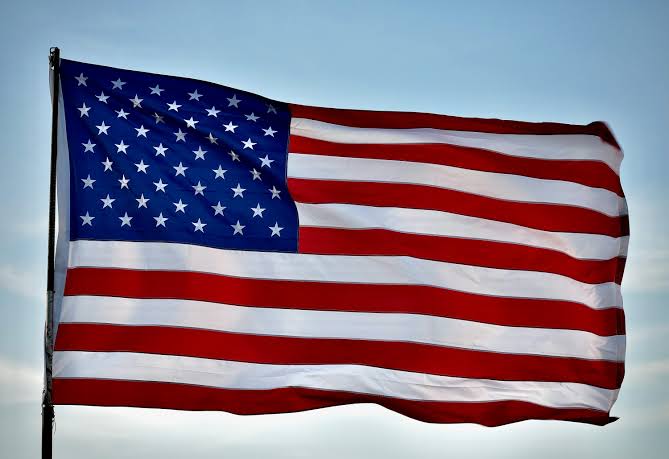The United States has urged India and Pakistan to de-escalate tensions following a deadly April 22 attack in Indian-administered Kashmir that left 26 dead. India has blamed Pakistan for the assault and granted its military “full operational freedom” in response. Pakistan denies involvement and claims to have credible intelligence of an impending Indian strike, warning of a firm retaliation if attacked.
US Secretary of State Marco Rubio spoke separately with Indian Foreign Minister Subrahmanyam Jaishankar and Pakistani Prime Minister Shehbaz Sharif on Wednesday. According to State Department spokesperson Tammy Bruce, Rubio encouraged both sides to maintain peace and urged Pakistani cooperation in investigating the attack.
Jaishankar reiterated India’s position that the “perpetrators, backers, and planners” of the attack must be held accountable.
The Line of Control (LoC) has witnessed nightly exchanges of small-arms fire, with Thursday marking the seventh consecutive night of hostilities. Residents near the LoC, especially in Pakistan-administered Kashmir, are living in fear, reinforcing bunkers and preparing for possible escalation.
Emergency workers in Muzaffarabad are training children in basic survival techniques, such as first aid and fire safety. “We’ve learned how to help the injured and put out fires,” said 11-year-old Ali Raza.
The conflict has also sparked diplomatic fallout, with both countries expelling envoys, closing border crossings, and imposing flight bans. Indian police have named three suspects—two Pakistanis and an Indian—linked to the Pakistan-based Lashkar-e-Taiba militant group. A reward of ₹2 million has been offered for each.
This marks the most lethal attack on civilians in the region since 2019’s Pulwama bombing, which led to Indian airstrikes on Pakistani soil.

